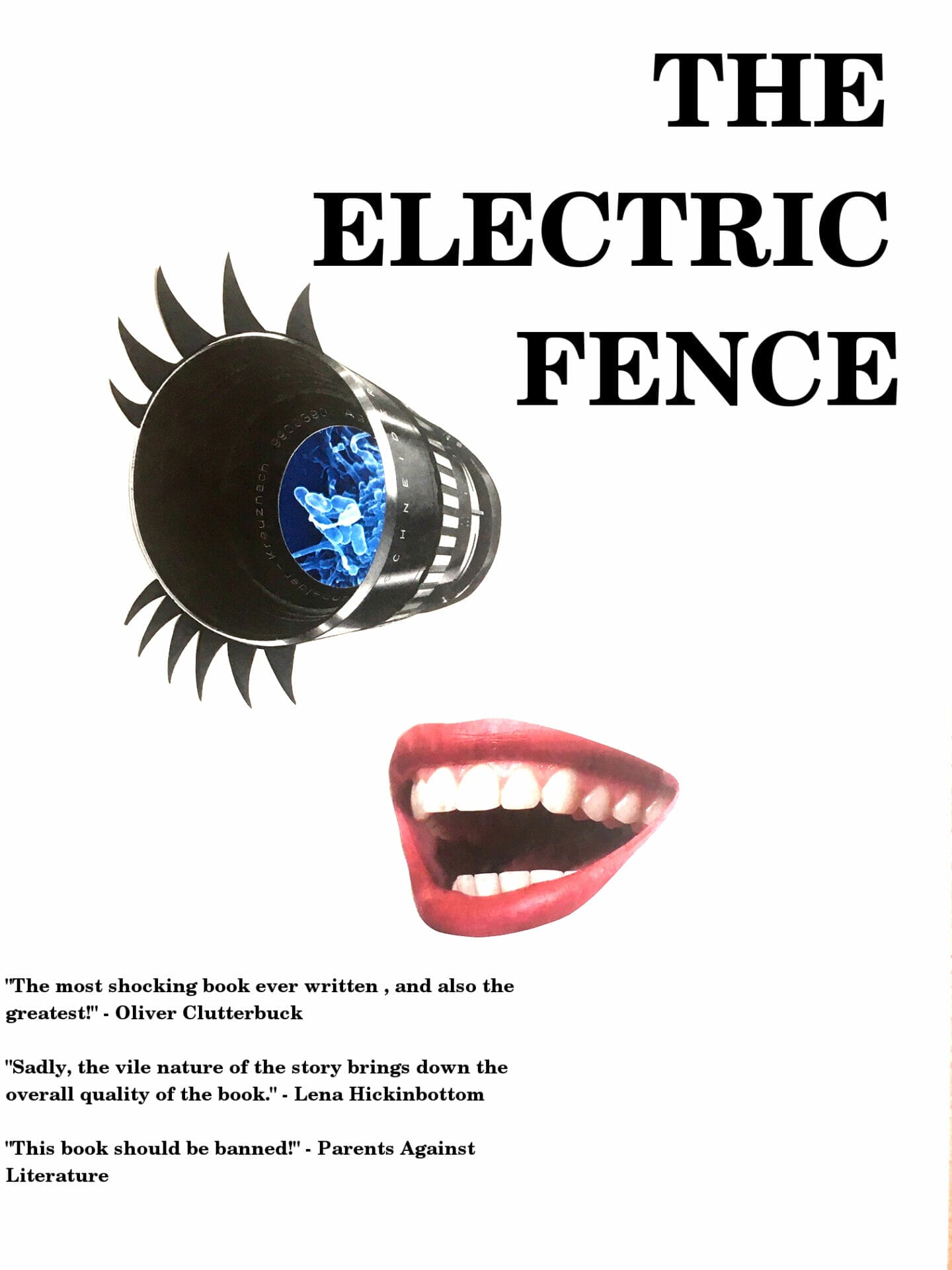A previously unknown writer burst onto the literary scene with the novel The Electric Fence. The critics unanimously praised how this book was written. The plot was intriguing, the language was brilliant, the prose was exquisite, and the characters could not have been more developed. The scenes in the book were so well described it was as if you were seeing them play out in real life through the pages. The critics all agreed that this is the best book ever written, in terms of its aesthetics. But they also agreed that The Electric Fence was the most ethically repulsive piece of fiction ever written. The worldview propagated in the novel was so vile and wicked that the critics had a hard time even imagining how someone could come up with something like this.
However, the critics were divided on how to appraise such a work as a whole. Notable critic Oliver Clutterbuck claimed that the literary aesthetics of the novel have nothing to do with its ethical repulsiveness. Aesthetics judgments cannot be grouped together with ethical judgments, they must be kept separate. Clutterbuck, therefore, concluded that The Electric Fence is an absolute masterpiece.
Another critic, Lena Hickinbottom, wasn’t so sure. Hickinbottom claimed that you cannot separate ethical repulsiveness from the aesthetics of the novel when judging it as a whole. What could have been a great work of art, perhaps even the greatest, is being undermined by the unethical worldview defended in the book. Others, outside the circle of critics, call for novels to be banned altogether.
.
.
.
Do the ethical merits have an effect on the aesthetic merits of a piece of art? Can censorship of works of art sometimes be warranted or would that be a disaster for the freedom of artistic expression?

